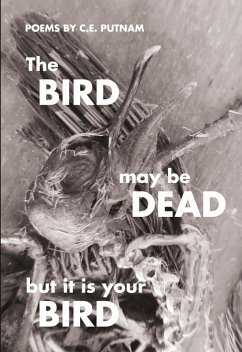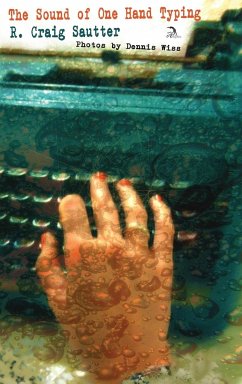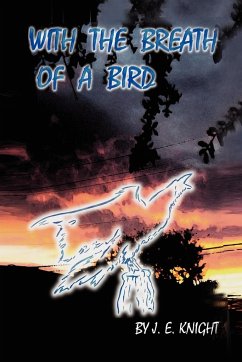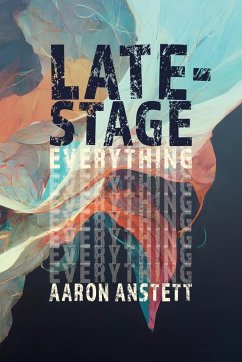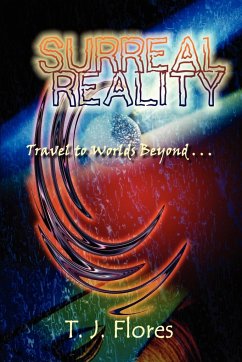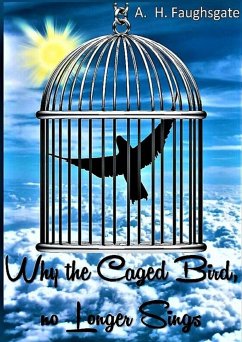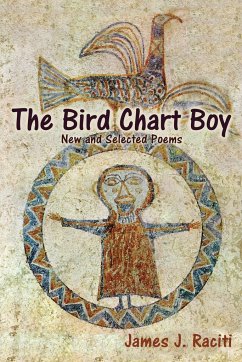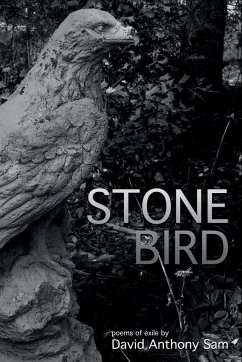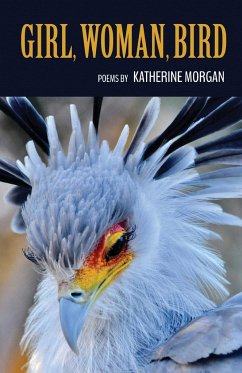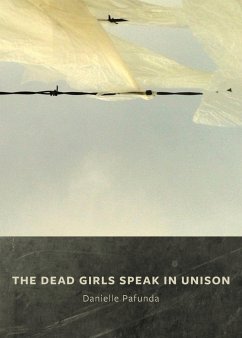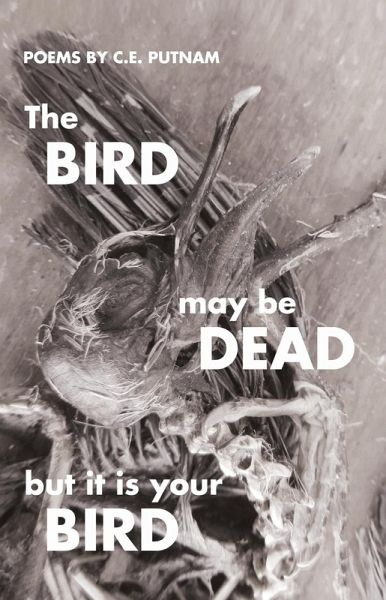
The Bird May Be Dead But It Is Your Bird

PAYBACK Punkte
10 °P sammeln!
A majority of the poems in C.E.'s seventh book were written between 2014-2020 after he returned to the Pacific Northwest (Portland, Oregon) after four years spent in Singapore. The poems move through imagined worlds along pathways celestial and earthly teeming with the life of our disappearing natural world. Inside the book you might find: an amazing bowl of noodles, smoked catfish, pink-dawn hitchhiking, sixteen children, a shortwave radio, starfish, eight kinds of rain, house trained beavers, fireflies, a broken space belt, leopard lovers, a magical eating house, a frequently tardy blacksmit...
A majority of the poems in C.E.'s seventh book were written between 2014-2020 after he returned to the Pacific Northwest (Portland, Oregon) after four years spent in Singapore. The poems move through imagined worlds along pathways celestial and earthly teeming with the life of our disappearing natural world. Inside the book you might find: an amazing bowl of noodles, smoked catfish, pink-dawn hitchhiking, sixteen children, a shortwave radio, starfish, eight kinds of rain, house trained beavers, fireflies, a broken space belt, leopard lovers, a magical eating house, a frequently tardy blacksmith, moss, penguin priests, the moon radish, and many more creatures living, dying, and dead. Praise: I'm not a fan of proper nouns, but who can say no to "Goon River", "Influence Worm", or "Beanleaf Hopper"? Not me, bud. I put up with it, and then I got fed. A little too much, maybe, but I like it when there's some left over. It speaks to my faith in the future. C.E. Putnam knows that to prepare for the future you must be generous, as generous as you dare. The universe is constantly expanding. This is what keeping up looks like. -- Buck Downs Imagine being willingly locked in a comfortable but remote tavern in which there's a jukebox with only two songs on it. One song is Captain Beefheart's "Frownland," the other is Prince's "Delirious." That's what reading this book is like-complete wildness, total control; unhinged and swinging. The Bird May Be Dead But It Is Your Bird is for anyone and everyone, but it could only have been written by one C.E. Putnam. - Graham Foust





